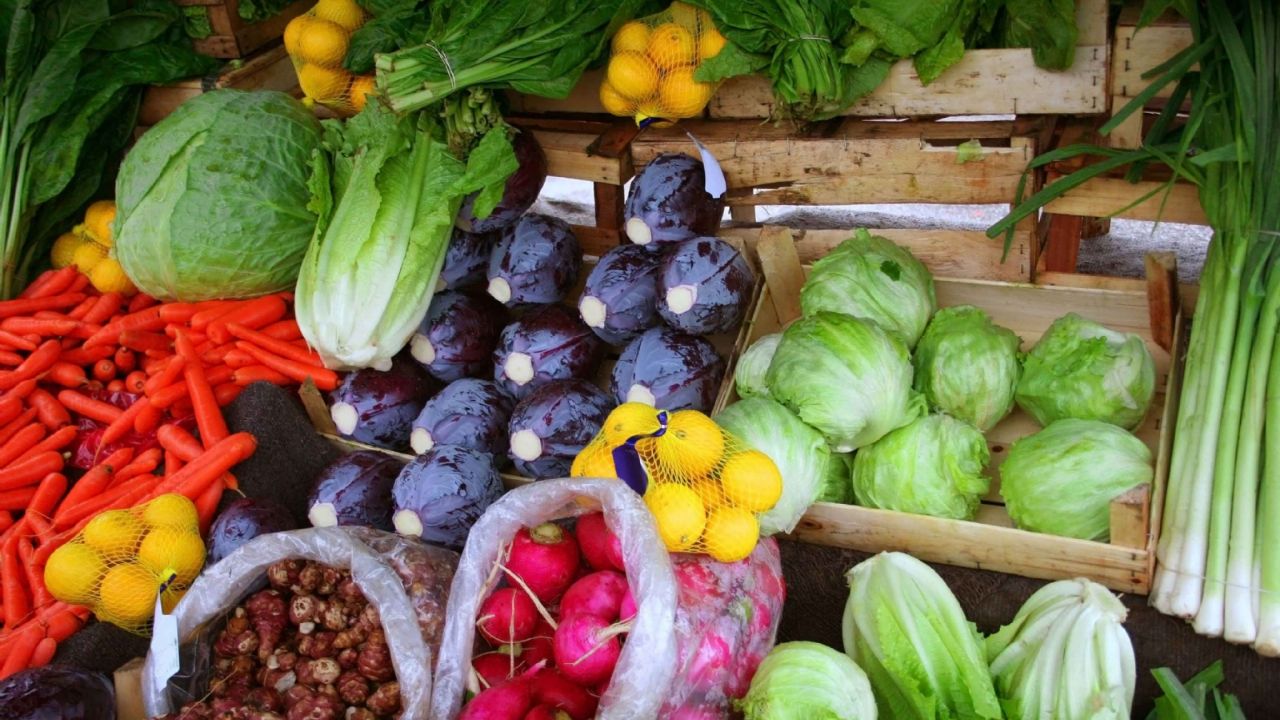In the midst of the economic crisis that the country is going through, among other factors, due to the increase in inflation, the presidential spokeswoman, Gabriela Cerruti, assured that the Government plans to create a National Food Company.
The organization It would be established in order to control prices, in addition to the National Food Company, it would also benefit national producers, since internal demand would increase.
It should be remembered that the proposal to create a National Food Companyhad also been raised by other organizations, after INDEC confirmed that January inflation was set at 3.9%.
“The Government is determined to see how it can help small and medium-sized producers of vegetables, which are the prices that seasonally most affect inflation,” said the spokeswoman.
This if one takes into account that during the last month, vegetables, fruits and legumes were the ones that presented the most increaseswhich affects their consumption and the financial stability of Argentines.
In case this organization was created, the State could have a greater participation in the establishment of prices, since these are currently set by 10 food companies.

In this regard, the Secretary of Internal Trade, Roberto Feletti, pointed out that “state instruments must be reconstructed that allow regulations to be established in the face of the free market in the allocation of food resources.”
How would the National Food Company work?
The national director of Integrative Policies of the Ministry of Social Development Rafael Klejzer, who leads the initiative to create a National Food Company, explained what role the State would have in said organization.

“A National Food Company, directly associated with the producers, would allow promoting the active role of the Statein terms of planning, regulation, control, production, cost analysis and food marketing”.
This means, according to Klejzer, “that it will be possible to generate a reference price for mass consumption products and put a stop to the greed of companies that understand food as a commodity and not as a social right.”

















